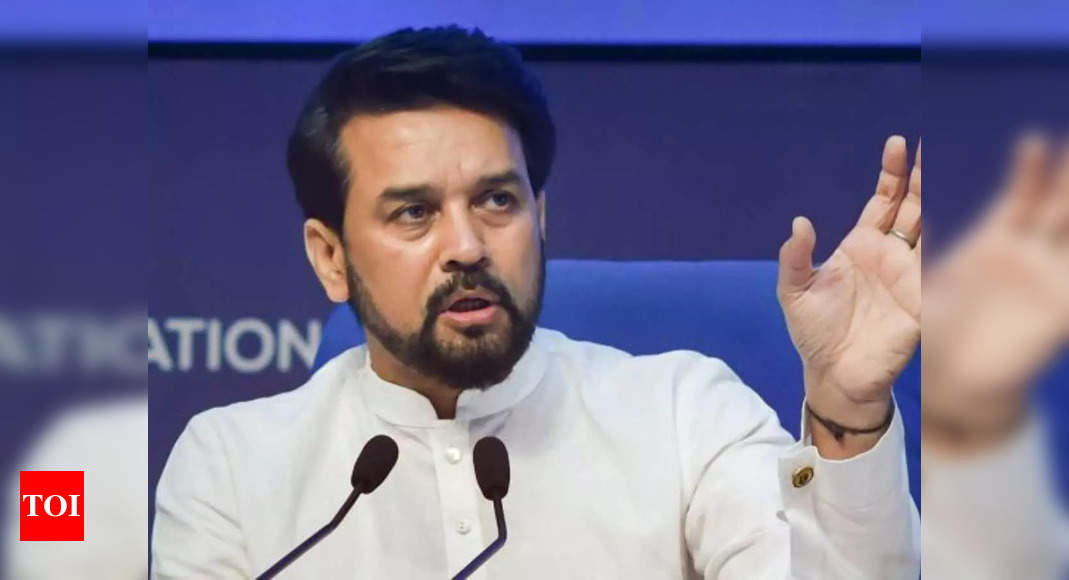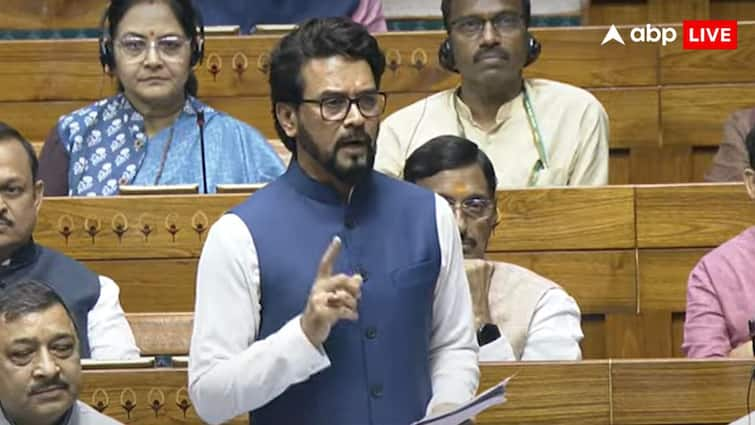- March 19, 2023
Government will not tolerate vulgarity in the name of creativity, says IB Minister Anurag Thakur on OTT censorship complaints – Times of India

Anurag Thakur spoke in Hindi and his short message has been translated into English. Thakur said, “Abusive language in the name of creativity will not be tolerated. The government is serious about the complaints of increasing abusive and obscene content on OTT platforms. If there is a need to make any changes in the rules regarding this, the ministry is willing to consider that. These platforms were given freedom for creativity, not obscenity. And when someone crosses a limit, then abusing, rudeness in the name of creativity cannot be accepted at all. Whatever necessary action needs to be taken on this, the government will not back down from it.”
क्रिएटिविटी के नाम पर गाली गलौज, असभ्यता बर्दाश्त नहीं की जा सकती।ओटीटी पर बढ़ते अश्लील कंटेंट की शिकायत पर सरकार… https://t.co/lAuQOE82nT
— Anurag Thakur (@ianuragthakur) 1679230581000
Explaining the current system of censorship, Thakur said, “The process so far is that the producer has to resolve the received complaints at the first level. 90 to 92 percent of the complaints are resolved by them by making necessary changes. The next level of complaint resolution is at the level of their association, where most of the complaints are resolved. At the last level it comes to the level of the government, where action is taken on the departmental committee level, according to the rules are in place. But somewhere complaints have started increasing in the last few days and the department is taking it very seriously. If there is a need to make a change we are willing to consider it.”
Last year the Supreme Court of India dismissed a petition seeking new system of OTT censorship. A bench consisting of Chief Justice UU Lalit and Justice Bela M Trivedi had reportedly heard the plea filed by Mirzapur resident Sujeet Kumar Singh to set up a preview committee that would go through all forms of OTT content before it gets released. The Court said such a process was not feasible.







